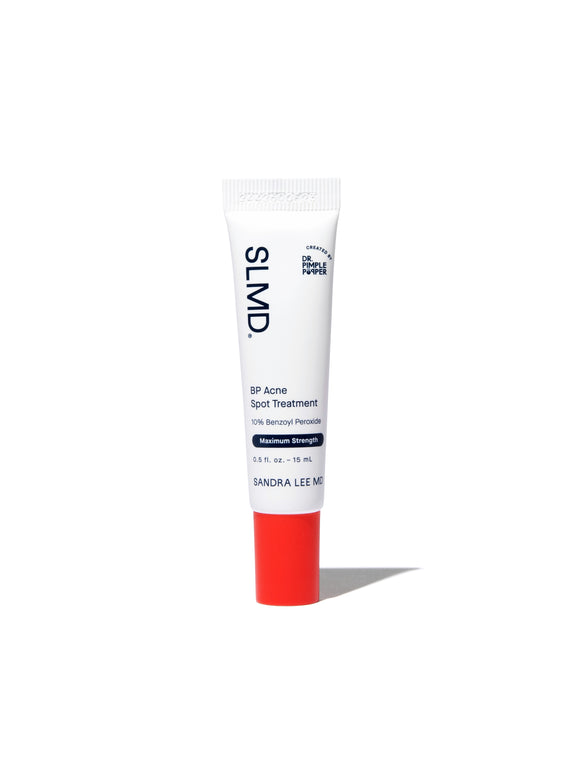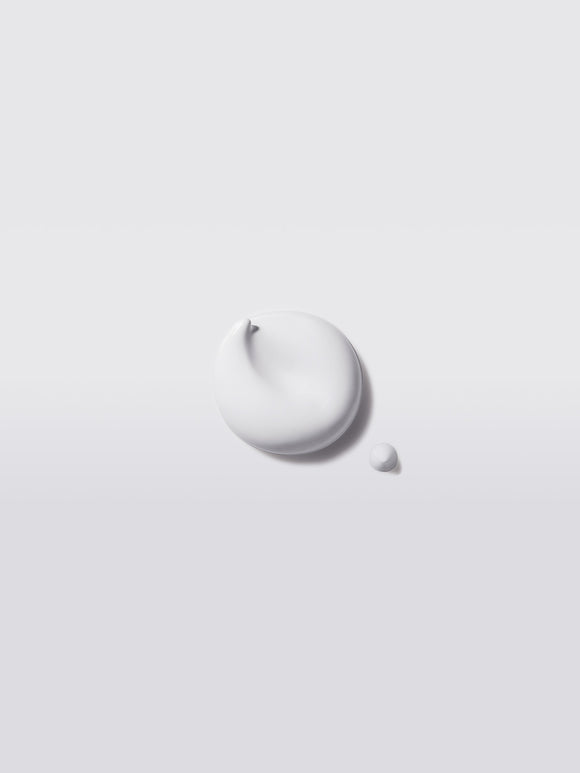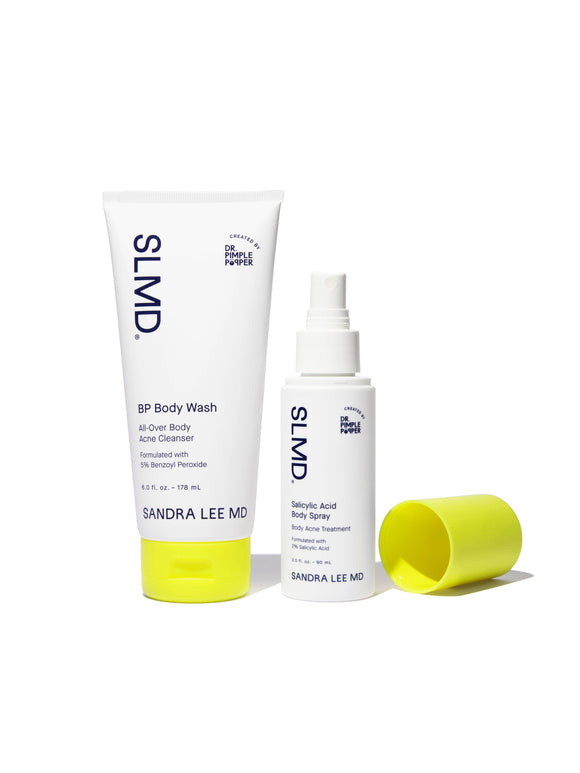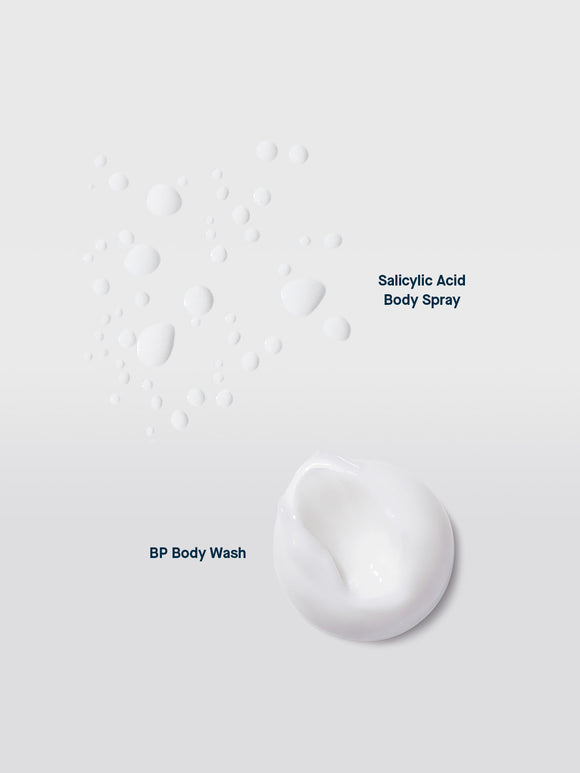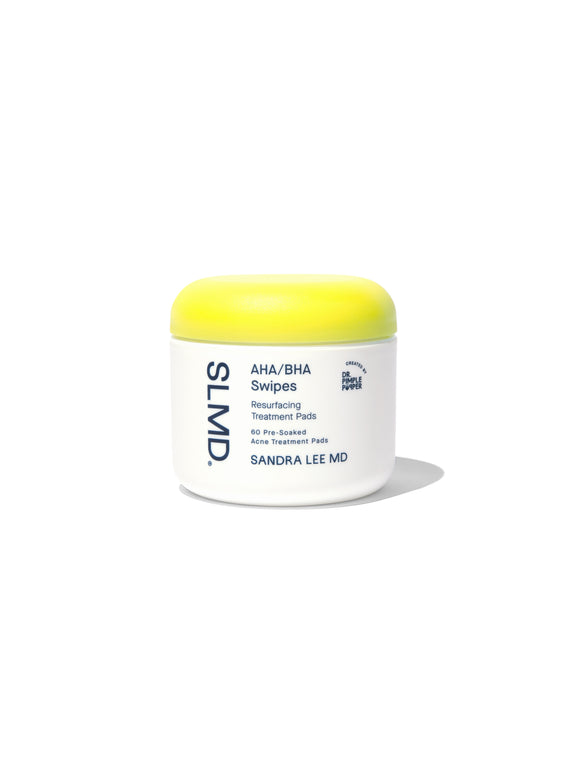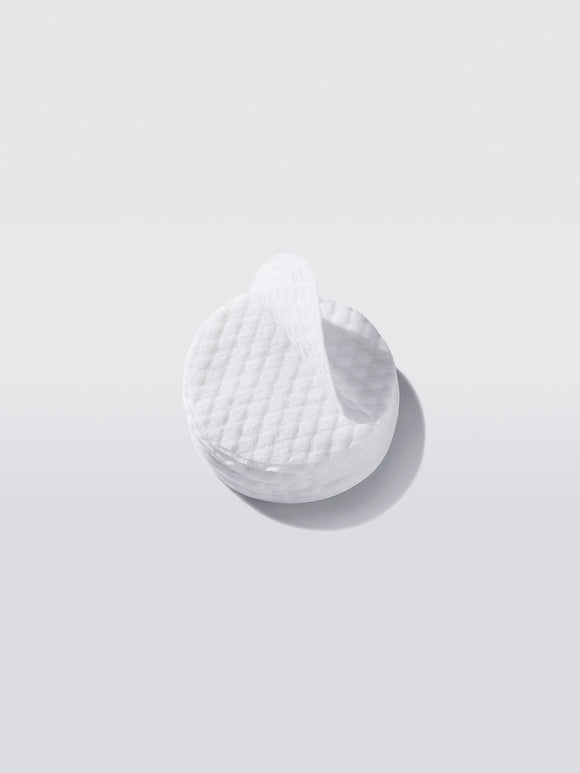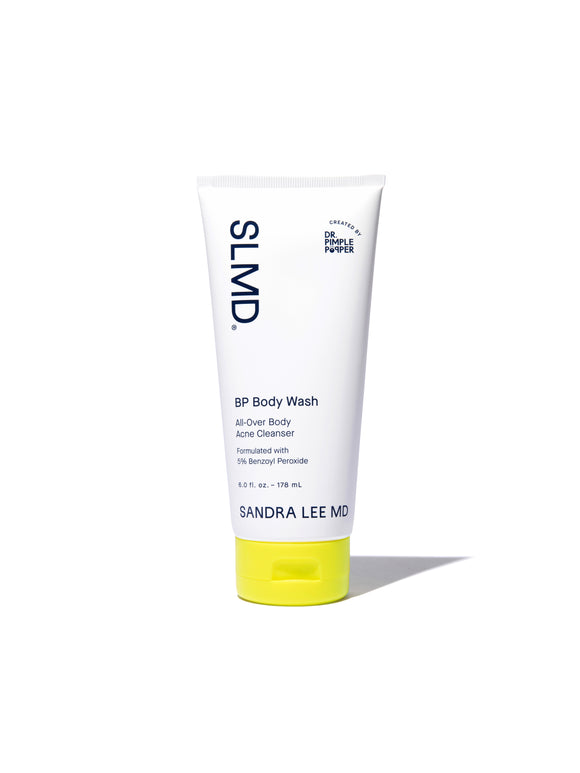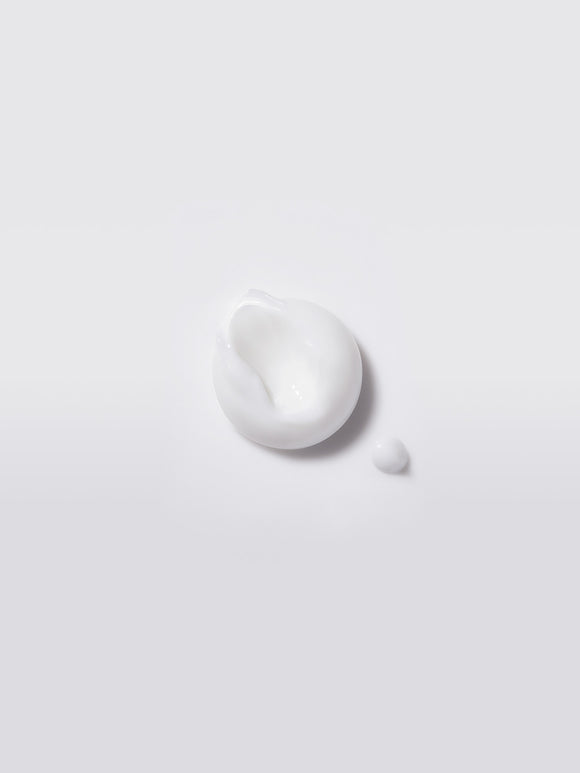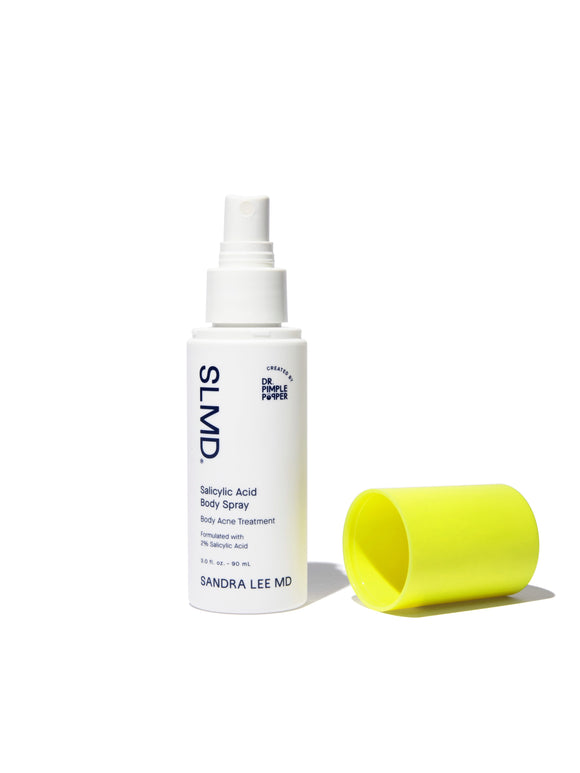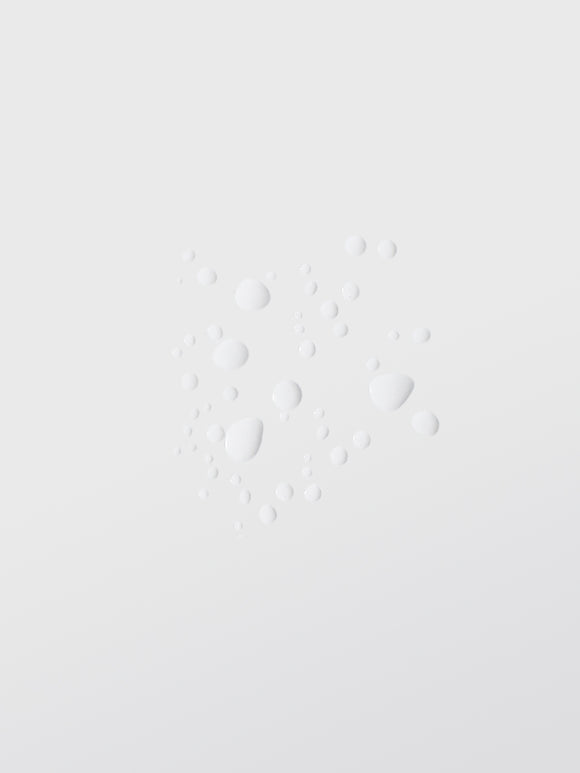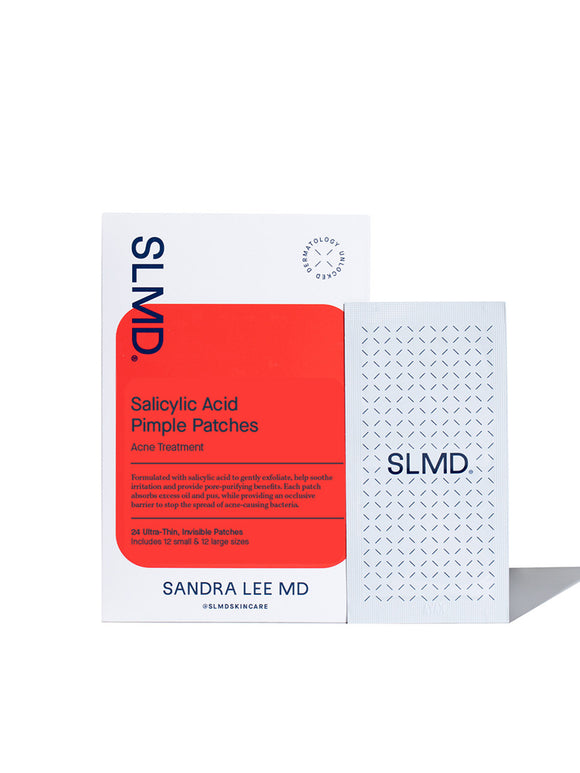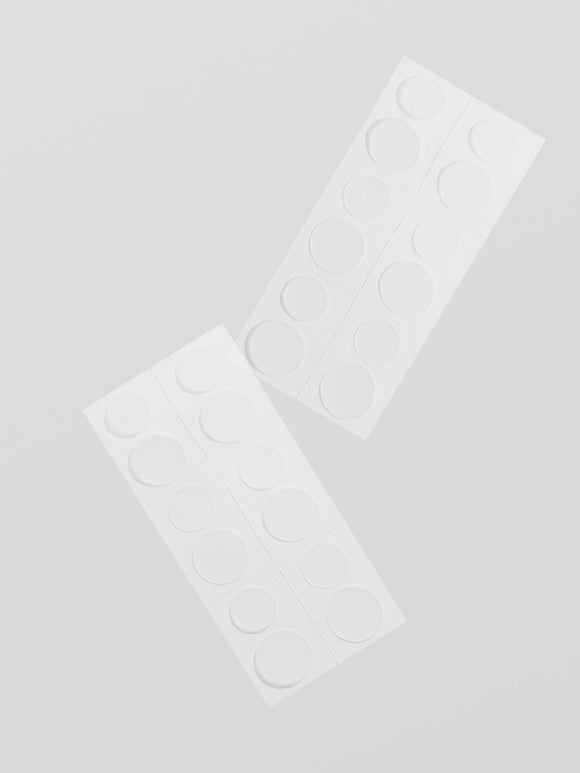
Why We Get Acne — And What Really Works to Clear It
Think you know what’s causing your breakouts? Dr. Pimple Popper sets the record straight.
Published:
4 minute read
Search “why do we get acne” and you’ll find countless explanations about how pimples form. But if you’ve ever asked why it happens in the first place — why you get breakouts — those answers are less clear.
We asked dermatologist and SLMD Skincare founder Sandra Lee, MD (aka Dr. Pimple Popper) to break it all down. Here’s what we know about the real reasons acne happens — and what you can do to treat it effectively.
Article Quick Links
What really causes acne
Let’s start with what we do know: acne develops when pores become clogged with excess oil and dead skin cells. This traps Cutibacterium acnes bacteria inside the pore, which can trigger an immune response and inflammation.
That part is pretty straightforward. But what actually causes that clogging in the first place? That’s where things get more personal. Dermatologists generally divide acne causes into factors you can’t control — and factors you can.
Acne causes you can’t control: genetics and hormones
Some acne triggers are built into your biology. That doesn’t mean breakouts are inevitable — but it does mean your skin may need more proactive care.
- Genetics: If your parents had acne, you’re more likely to develop it, too. That’s partly because genetics influence your skin type — particularly how much oil (sebum) your skin produces. New research also suggests that genes related to hair follicle structure may increase the likelihood of severe acne.
- Hormones: Hormones like androgens (including testosterone) directly affect how much oil your skin produces. This explains why acne is common during puberty, but also why it often flares up around the menstrual cycle, during pregnancy, and even in menopause.
Acne triggers you can control: stress, diet, environment, and skincare habits
Other factors that influence acne are within your power to manage — and they can make a big difference.
- Stress and sleep: Chronic stress and poor sleep interfere with your skin’s ability to repair and rebalance itself. This can lead to increased oil production and inflammation.
- Diet: While food doesn’t “cause” acne directly, high-glycemic diets and dairy products can lead to hormonal changes that make breakouts more likely in some people.
- Environment: Pollution, sun exposure, and even weather changes can damage your skin barrier, leaving it more vulnerable to inflammation. There's also growing research into how your skin microbiome plays a role in acne development.
- Skincare routine: Over-cleansing, over-exfoliating, or using pore-clogging products can actually make acne worse by disrupting the skin barrier or triggering more oil production.
- Beauty products: Heavy makeup or haircare products can clog pores — especially near the hairline — leading to what Dr. Lee calls “pomade acne.”
- Lifestyle habits: Wearing tight clothes, sports gear, or face masks can trap sweat and friction against the skin, causing a form of acne called acne mechanica.
- Smoking and vaping: The chemicals in cigarettes and vape pens can weaken your skin barrier, trigger inflammation, and damage DNA — all of which make breakouts more likely.
Looking for a deeper dive into the biological process of breakouts? Read our post on the 4 causes of acne.
Dr. Pimple Popper's Science-Backed Acne Solutions
Dr. Pimple Popper’s top acne tips
#1 Use a complete routine
Treating acne effectively means targeting it from multiple angles: oil, bacteria, inflammation, and skin cell buildup. Dr. Lee recommends using a regimen that combines ingredients like salicylic acid, benzoyl peroxide, and retinol — such as the SLMD Acne System, which is formulated to work synergistically.
Dr. Pimple Popper tip: “Acne is complex, but we know the ingredients that work. The key is being consistent — and treating your skin gently and proactively."
#2 Be patient and consistent
Most acne treatments don’t deliver overnight results. While some products may calm breakouts quickly, it can take several weeks to see improvement — and up to 12 months for retinoids to reach their full potential.
#3 Don’t pop your pimples
Picking at blemishes can spread bacteria, worsen inflammation, and cause long-term damage like dark spots (post-inflammatory hyperpigmentation) and scarring.
Try: SLMD SA Acne Pimple Patches to visibly flatten pimples without irritation.
#4 Prioritize healthy habits
Acne isn’t always preventable, but small choices add up. Getting more sleep, managing stress, and limiting processed foods can help reduce triggers — especially when combined with a consistent skincare routine.
FAQs about why acne happens (and how to respond)
Q: I eat clean and still break out. Why?
A: Genetics and hormones often play a bigger role than diet alone. Acne isn’t always preventable — but it is manageable.
Q: Can I treat acne with only natural products?
A: Natural isn’t always effective — or safe. Look for ingredients backed by science, like salicylic acid and benzoyl peroxide.
Q: How do I know if my acne is hormonal?
A: Hormonal acne often shows up along the jawline and flares with your cycle. If in doubt, talk to a dermatologist.
Q: Should I wash my face more if I’m breaking out?
A: Not always. It depends on what your skin needs. Washing too often can strip the skin barrier and trigger excess oil — but skipping cleansing when your skin feels greasy or congested isn’t ideal either. Twice daily is usually a good baseline, but listen to your skin and adjust as needed.
Contributing source:
World's first acne genetics study gives hope for new treatment

Dr. Lee's Last Word
There’s no one-size-fits-all reason for breakouts — but there is a way to manage them. Start with the basics, stay consistent, and adjust your routine when your skin tells you it needs more support.





